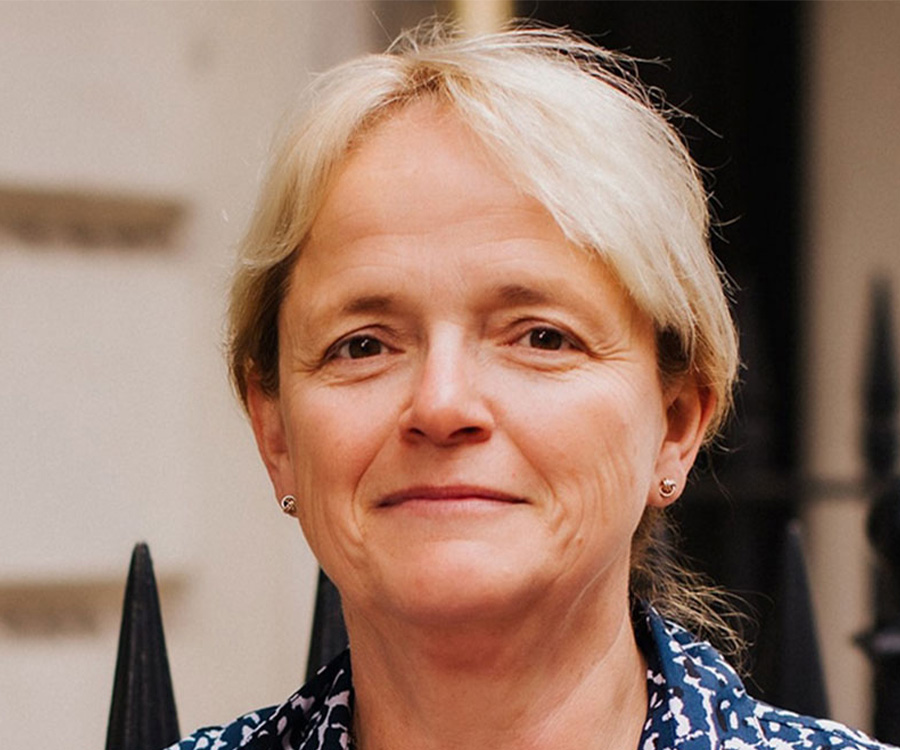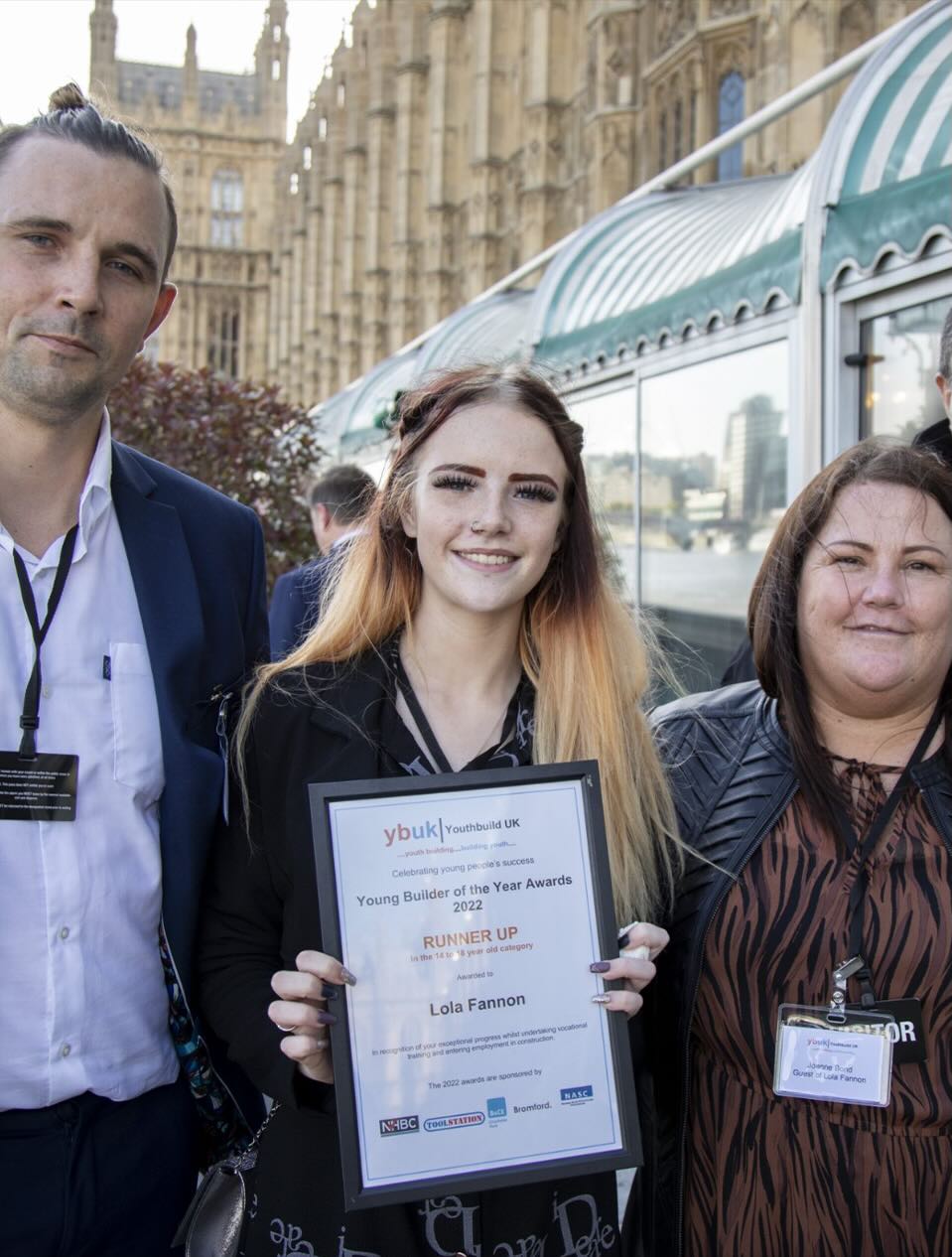London’s buildings account for 70% of the capital’s carbon emissions – your career can make a real impact on climate change.
New workers with green skills will be needed to make this shift a reality. That means real job security!
There is a growing number of industry groups to support diverse workers in the sector.
The built environment is the second highest paying sector in the UK.

The Digital Twins Skills Academy is an emerging EdTech vehicle for ‘positive’ social change and everything we do is founded in promoting greater equity, diversity, and inclusion, for all. The DTSA Programme (16-25yrs) and 50+ is our signature offer at the DTSA, which was built on the myriad failures of the UK construction industry [i.e. Grenfell Tower] and is designed

“The construction industry is vital to the UK economy and provides many different roles and opportunities for people from all walks of life”.

“Young people can get first-hand experience on site, to test out whether they like the construction industry and what it offers”.

“We can help young people and new entrants really understand and be prepared for the workplace of today and what employers are looking for”.
What is it? Architects design new buildings and the spaces around them, and work on the restoration and conservation of existing buildings.
Salary: National average salary: £34,418 per year
Why is it important to sustainability? Architects are important to sustainability because they can design buildings that are environmentally responsible, economically viable, and socially equitable. Sustainable architecture aims to reduce the negative impact on the planet, conserve natural resources, and create healthy spaces for occupants. Architects can achieve this by incorporating eco-friendly design principles, energy-efficient systems, and renewable materials into their projects.
Entry routes: You can get into this job through: a university course, an apprenticeship, or working towards this role.
Find out more here
What is it? Town planners help shape the way towns and cities develop, and balance the demands on land with the needs of the community.
Why is it important to sustainability? Town Planners influence our daily lives more than we realise: from how we go shopping or commute to work to the type of building we live in. In densely built cities it is easier to leave the car behind: journeys tend to be shorter so they can easily be walked or cycled. This has a major impact on driving down London’s carbon emissions.
Salary: National average salary (for an experienced Town Planner): £45,000 per year
Entry routes: You can get into this job through: a university course, an apprenticeship, or working towards this role.
Find out more here
What is it? Interiors systems installers build the internal spaces critical to the look, feel, safety and comfort of any building. The sector draws on a number of core trades such as dry lining, ceiling fixing, carpentry, flooring installers, plasterers and decorators that transform a space into an office, shop, station hotel, hospital or home.
Why is it important to sustainability? Buildings are reconfigured multiple times once the structure is created. This may be to change the layout, adjust the usage or simply to improve the look and feel of the space. It provides a common opportunity to improve the sustainable performance of the building.
National average salary £30,000 – £40,000 per year
Entry routes: You can gain the qualifications you need by doing a college course or an apprenticeship.
Find out more here
Once you’ve chosen the built environment industry for your career, you will need to decide where you want to focus your job and training search. What jobs would suit you?.

“Truly thankful for the opportunities .. we have been involved in fantastic projects which have been really interesting”
Women make up only 13% of the sector and just 4% make it to senior positions
The share of both minority groups and people with disabilities who progress to leadership roles is 6%
42% of built environment organisations said that improving diversity and inclusion was a priority for their organisation, according to a survey of 1,000 people working in the sector
In a 2019 survey of over 4,000 women in construction, nearly 75% said that they experienced gender-based discrimination
Across all built environment courses, women achieved the top grades, with 41.1% getting a distinction, compared to 27.9% of men
Whatever your background, the built environment has a wealth of accessible, rewarding and inclusive career offers to grow and thrive in.

Brhane arrived in the UK as an unaccompanied child refugee aged 14. Undeterred, he studied hard and won an apprenticeship with Durkan. Brhane was Youthbuild UK Young Builder of the Year in 2023.
He didn’t speak a word of English when he arrived from Eritrea, he had no family or friends here. His prospects may not have seemed great. But in just four years this determined and resilient young man has learnt English, completed a Level 2 qualification in Plumbing and Heating and then a L3 in Electrical Installation in 2020 during lockdown.
Brhane loves working in construction. Working in the industry ensures he is constantly learning new skills and carrying out new tasks. Now employed by Hanover Building Services, a leading electrical and mechanical contractor, Brhane is proud of having carved out his own future – moving from child migrant to the point where he is now a qualified electrician.

Moving cities with her mother to escape domestic violence didn’t help Mia. Anxiety, depression and the loss of close friend led Mia to a dark place. But she pulled through and became a Runner-up in the Youthbuild UK Young Builder of the Year Awards 2022.
Against her troubled background, with considerable drive, resilience and determination Mia has now embarked on a career in construction. She enrolled at a training college and she soon discovered she had a natural talent when it came to practical lessons. The construction activities became really important for Mia, and her college tutors said she made excellent progress, especially in painting and decorating. Mia has achieved a CSkills entry Level 3 Introduction to Painting and Decorating and hopes that this will be the beginning of a brighter future.

Lola’s start in life wasn’t great. There was a family history of abuse of alcohol and drugs. Lola has battled her own mental health demons and drug issues. But she found her forte studying at Preston Vocational College. She was interested in construction skills and wasn’t phased by the idea of making her way in a male dominated industry.
At PVC she completed a Level 1 City and Guilds course in Construction, with a distinction in bricklaying. Her tutors were impressed by the high standards she set herself and her commitment to her studies.
Lola hopes to move on to an apprenticeship in bricklaying or plastering. She’s excited to see where her career in construction will take her and one day wants to be her own boss. She started work experience with Wilmott Dixon in summer 2022.

Reiss’s journey to be Young Builder of the Year is a tale of triumph over adversity. The loss of both of his parents hasn’t prevented him shining as one his company’s rising stars.
Despite the challenges thrown at Reiss he has made incredible progress since starting with Barratt Developments in 2019, beginning as Commercial Apprentice. Through hard work and dedication, combining work with study at Solihull College and University Centre, Reiss achieved a Level 4 qualification in Construction Surveying.
He hasn’t missed a day at work and his hard word work was recognised by promotion to Trainee Quantity Surveyor, Assistant QS and then to Quantity Surveyor.

We first met Victoria when she was 17 – she had a real passion for sustainability but didn’t know how to turn this into a meaningful career.
Through Pathways to Professional Careers, we opened Victoria’s eyes to the breadth of ‘green’ career and apprenticeship pathways in the built environment sector. Victoria’s Construction Youth Trust (CYT) coach connected her to a range of inspiring industry volunteers, including a Social Sustainability Manager working directly on her organisation’s social and environmental policies. This encounter was a real turning point for Victoria, helping her realise that she could pursue a rewarding career in construction that would involve actively tackling the climate crisis.
At first, I didn’t know a lot about the industry but through CYT’s programme I met so many industry professionals who taught me that construction isn’t just bricklaying, and there are so many roles available.
Our employability programmes can help you gain the skills and experience needed to succeed in...
The Voyage Jobs Club and & HyPE programmes are launching soon, providing young people with...
The Built Environment Schools Trust (BE Schools Trust) has partnered with the Supply Chain Sustainability...
Our employability programmes can help you gain the skills and experience needed to succeed in...
The Voyage Jobs Club and & HyPE programmes are launching soon, providing young people with...
West London Green Skills Hub, now in its second year, is an energetic force established...